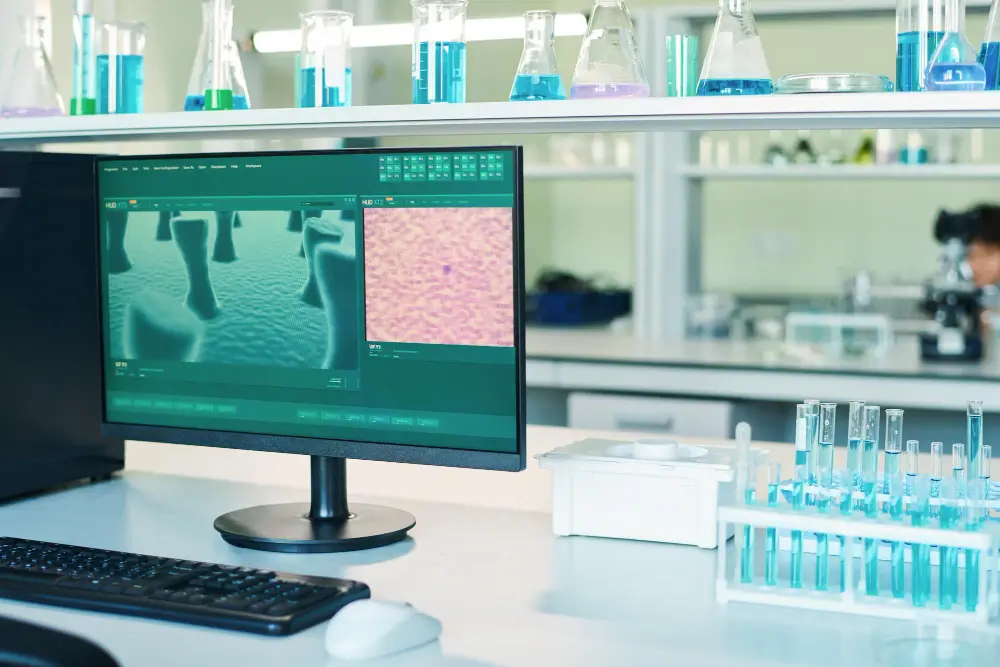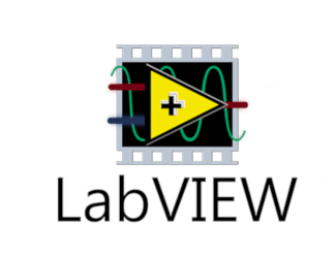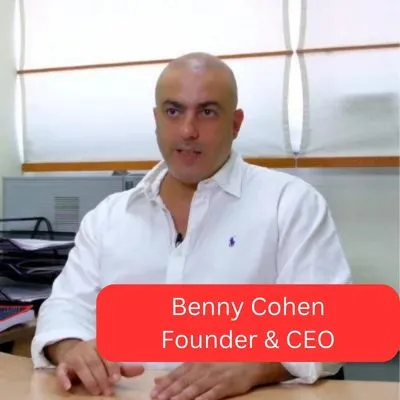
LabVIEW as an automation tool does not require any knowledge of programming languages. The main work in LabVIEW is done by placing visual objects and connecting them.


LabView Course
The LabVIEW course is designed to equip you with the skills to develop efficient and powerful applications using National Instruments' LabVIEW platform. LabVIEW's graphical programming environment is widely used in industrial automation, data acquisition, instrument control, and scientific research.
Key aspects of LabVIEW and our course include:By completing this LabVIEW course, you'll be well-prepared to develop sophisticated measurement, testing, and control systems across various industries.

Benny Cohen
Embedded Academy Founder and CEO
As a long-time veteran in the technology industry, Benny Cohen combines a deep passion for technology with extensive field experience. With a B.Sc. in Electronics Engineering and an M.Sc. in Communication Engineering, he has spent over 20 years developing software and hardware systems, including the last few years focusing on the cybersecurity industry. In addition to his role as the company founder & CEO, Benny also operates as a hands-on practitioner who specializes in penetration testing and has conducted significant security assessments for leading enterprises and security companies worldwide. His approachable teaching style and real-world expertise make learning both engaging and relevant.
LabVIEW as an automation tool does not require any knowledge of programming languages. The main work in LabVIEW is done by placing visual objects and connecting them.
LabVIEW is an automation tool that enables control and supervision over automation tests.
While we start from the basics of LabVIEW, having some programming or engineering background will be beneficial.
The course content aligns with many objectives of the Certified LabVIEW Developer (CLD) exam, but additional preparation may be needed for certification.
We cover integration with NI hardware and provide simulated environments for those without access to physical hardware.
We introduce FPGA programming with LabVIEW, but for in-depth FPGA development, consider our advanced LabVIEW FPGA course.
Automotive, aerospace, electronics manufacturing, scientific research, and industrial automation extensively use LabVIEW.
